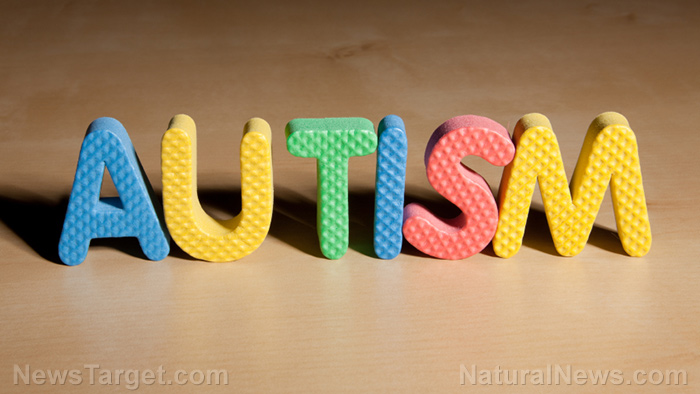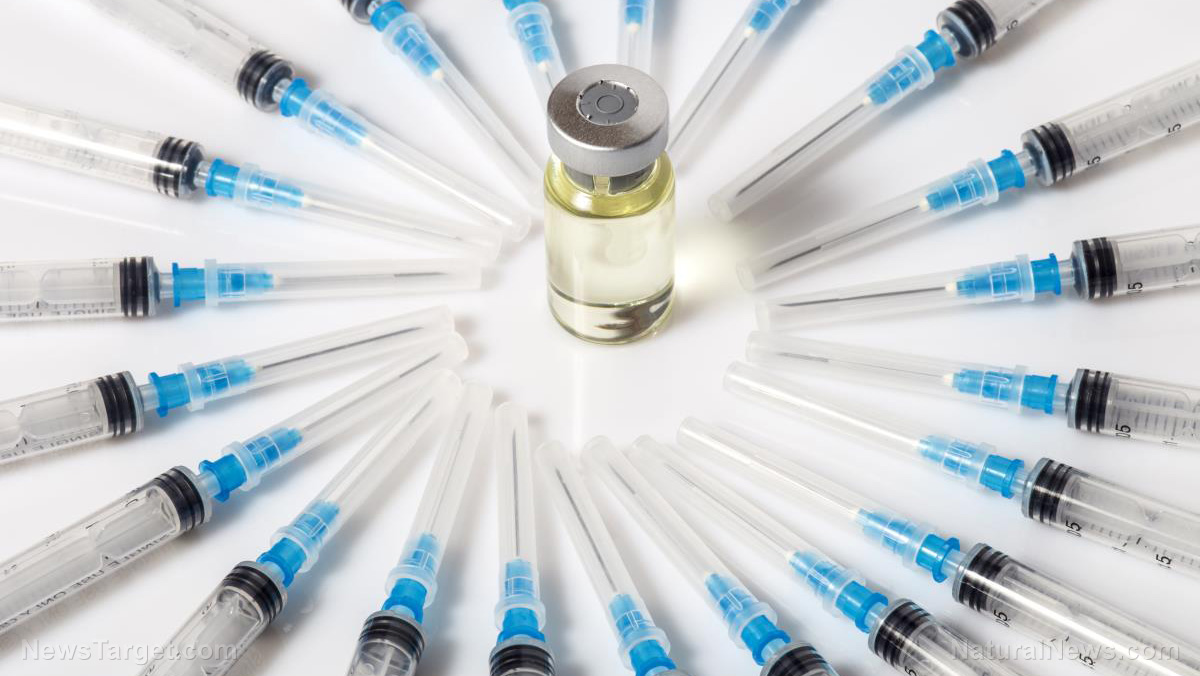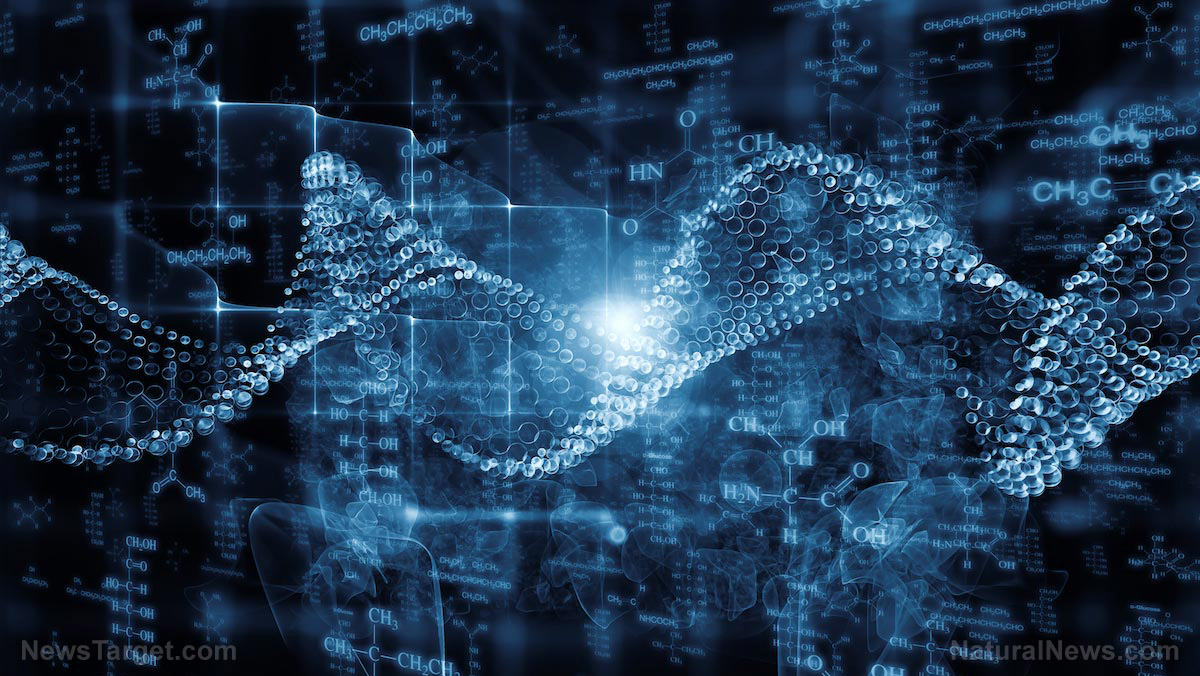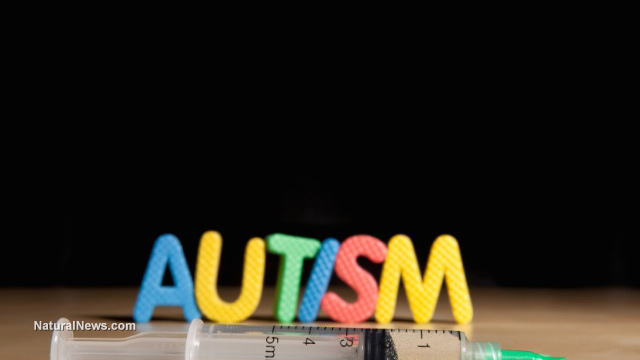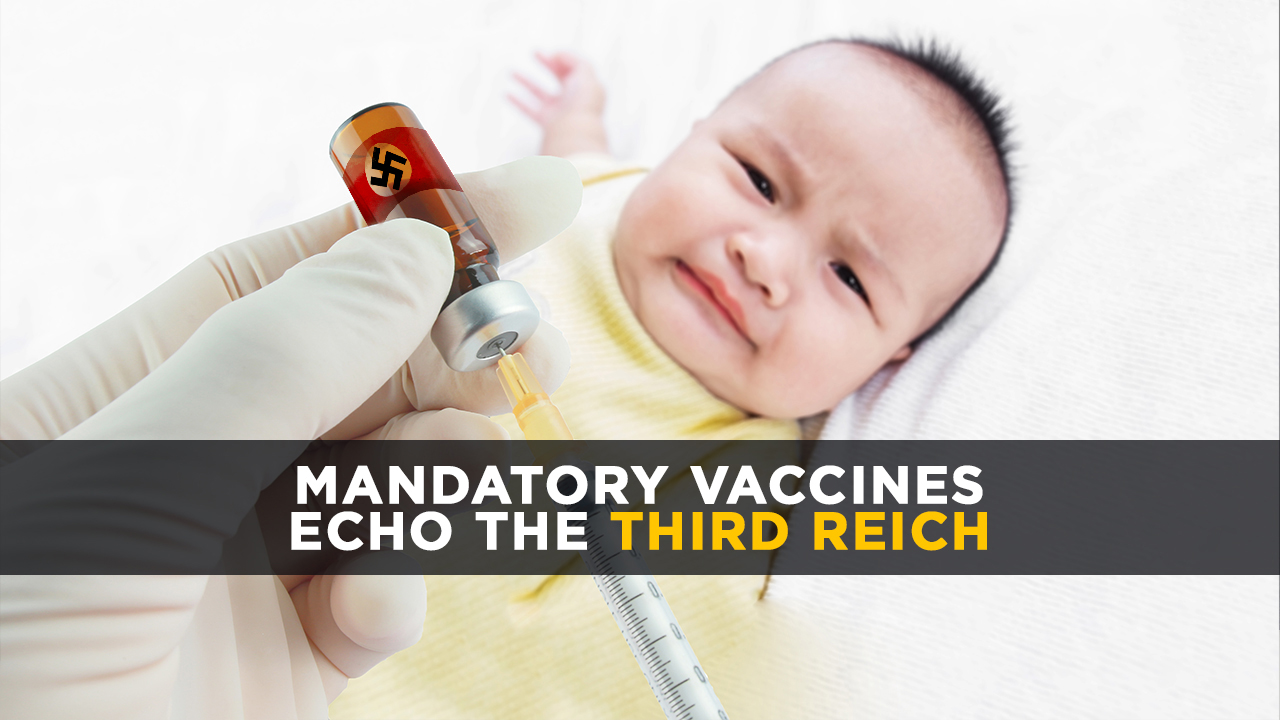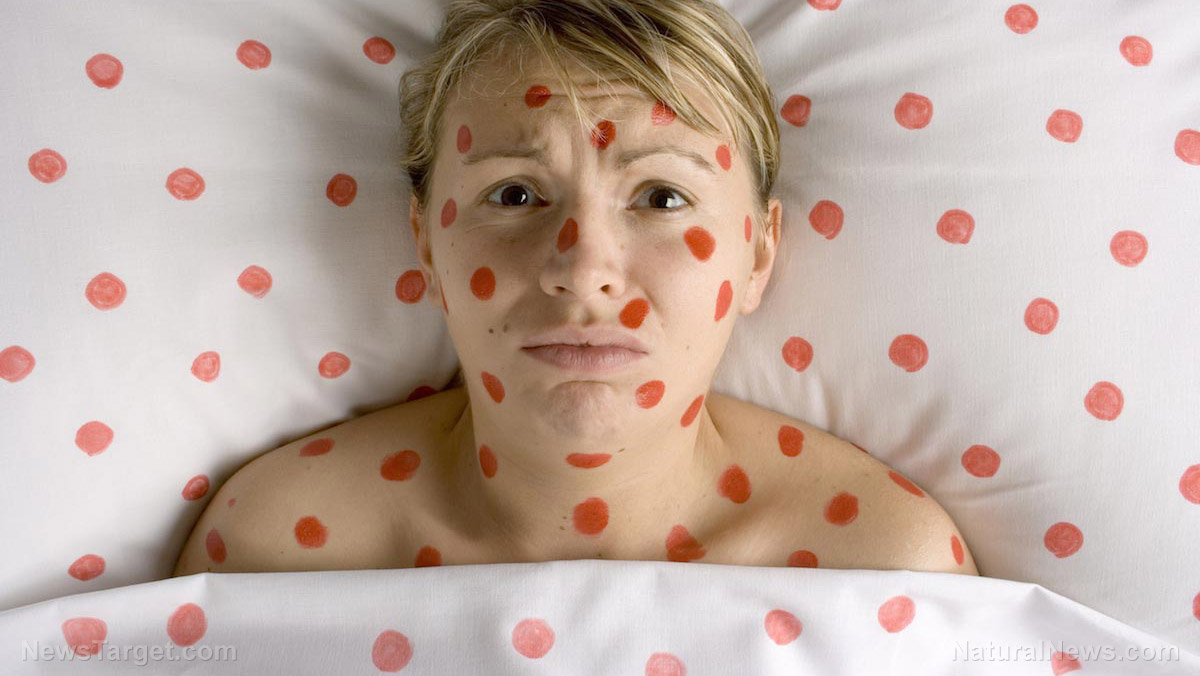We’re STILL haunted by DDT – new study says it causes autism
03/13/2019 / By Isabelle Z.

When the evidence that DDT was harmful could no longer be ignored, the use of the chemical was banned completely in 1972. If you thought this was a problem of the past, however, think again: New research shows that it’s still causing autism five decades later.
That’s because this chemical is still in our ecosystem. DDT was one of the first widely used pesticides, considered a nearly magical solution to pest problems in the years after World War II. However, it was banned after its health dangers came to light. Some of the problems it has been linked to include breast cancer and other types of cancer, miscarriages, developmental delays, male infertility, and damage to the liver and nervous system.
Despite no longer being used, DDT persists within the food chain, and it can take several decades to break down. When researchers studied more than a million pregnancies in Finland, they uncovered a link between high levels of a DDT metabolite, DDE, in pregnant women’s blood and a higher risk of autism in their children.
Their findings, which were published in the American Journal of Psychiatry, were the first to connect a particular insecticide with autism risk using maternal exposure biomarkers.
In the same study, the researchers looked at maternal exposure to another type of environmental pollutant, PCB, but found no link between these chemicals and autism.
The study covered 98 percent of pregnant women in Finland who were part of the Finnish Maternity Cohort. The team identified 778 childhood autism cases among children who were born in the years from 1987 to 2005.
After matching these pairs of mothers and children with a control group that didn’t have autism, they reached some interesting conclusions. For example, the odds of autism with an intellectual disability rose by more than twofold for mothers who had the DDT metabolism at levels in the top quartile.
In the overall sample of autism cases, the chances were one third higher among those children who were born to mothers with high levels of the DDT metabolite. These findings held even after adjusting for factors like psychiatric history, socioeconomic status and maternal age. The researchers said that their findings indicate prenatal DDT exposure could be a trigger for autism.
Pregnant women should consume organic produce
The study’s lead researcher, Columbia University’s Dr. Alan Brown, told Live Science that DDT was sprayed into the air to kill mosquitoes and bugs on vegetables and fruits, and then it made its way to the soil and groundwater. That’s why it’s still a problem today, and nearly everyone now has DDT in their body to some degree.
Unfortunately, when a mother’ body metabolizes DDT and it breaks down into DDE, it gets concentrated as it goes through the placenta, which means the fetus will be exposed to greater levels of the chemicals than the mother is. When they make their way into the fetal brain, they can alter fetal brain development, Dr. Brown said.
Although he doesn’t think women need to go out and get tested for these chemicals, he suggests that pregnant women, or those who plan to become pregnant ,wash their produce to rinse off any toxic residue and stick to organic vegetables and fruits. Not everyone exposed to these chemicals will get autism, he stressed, but it’s good to take precautions.
Other factors that may influence a child’s risk of autism include the parents’ ages, birth weight, family history of autism, and maternal inflammation and medication use. Although expectant mothers can’t control all of these factors, taking steps like switching to organic can go a long way toward enhancing their children’s health.
Sources for this article include:
Tagged Under: agricultural chemicals, autism, brain health, DDE, DDT, disease causes, environ, food supply, mind body science, PCBs, pregnancy, research, toxic chemicals, toxins, women's health







